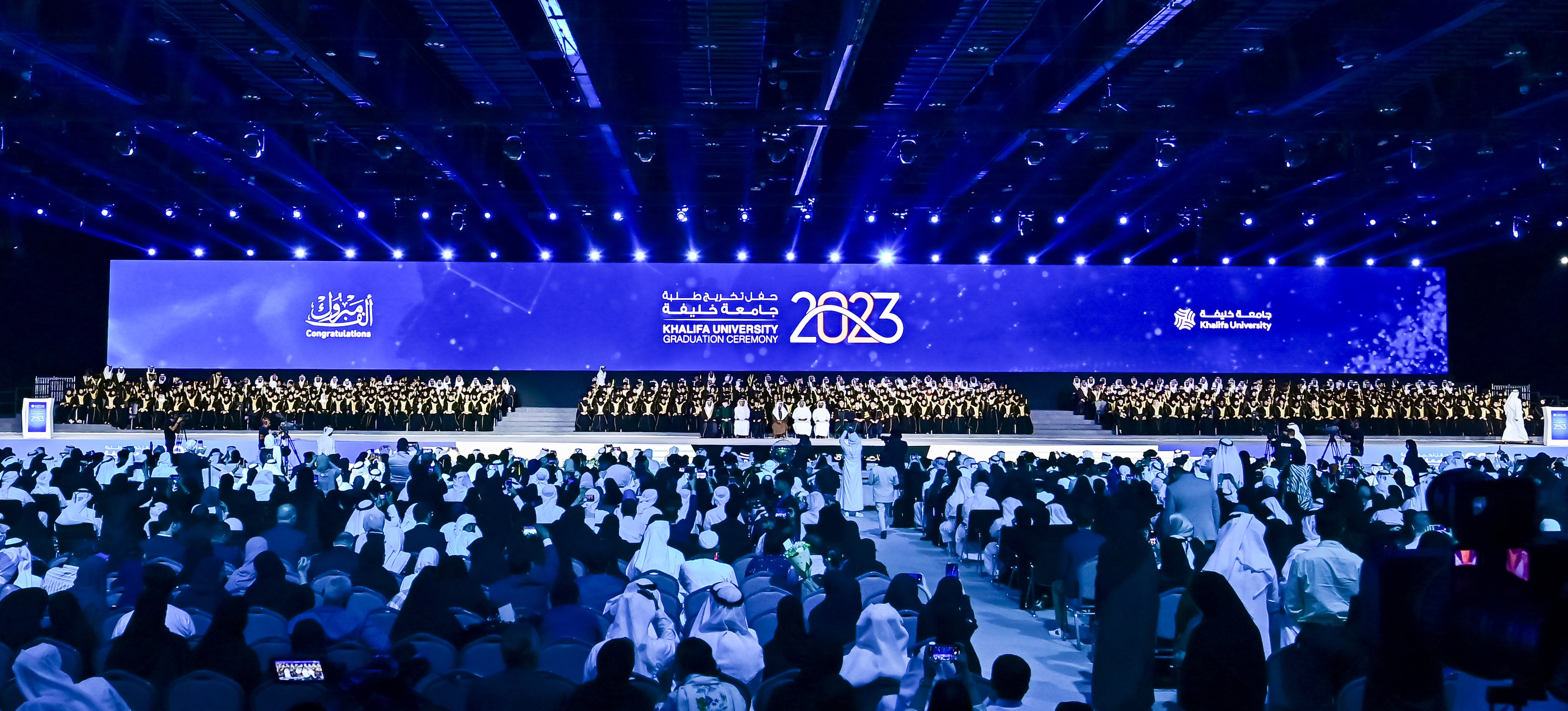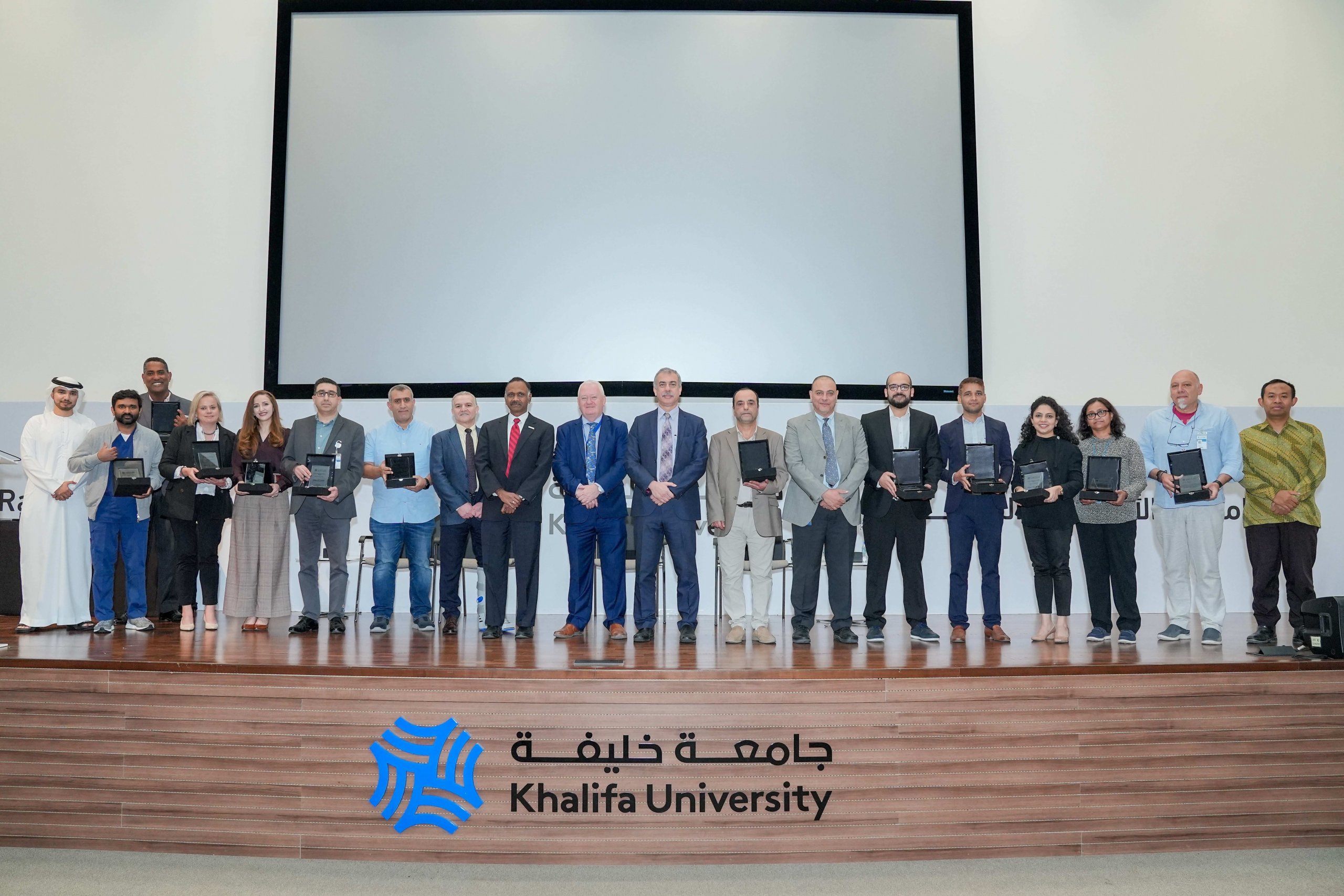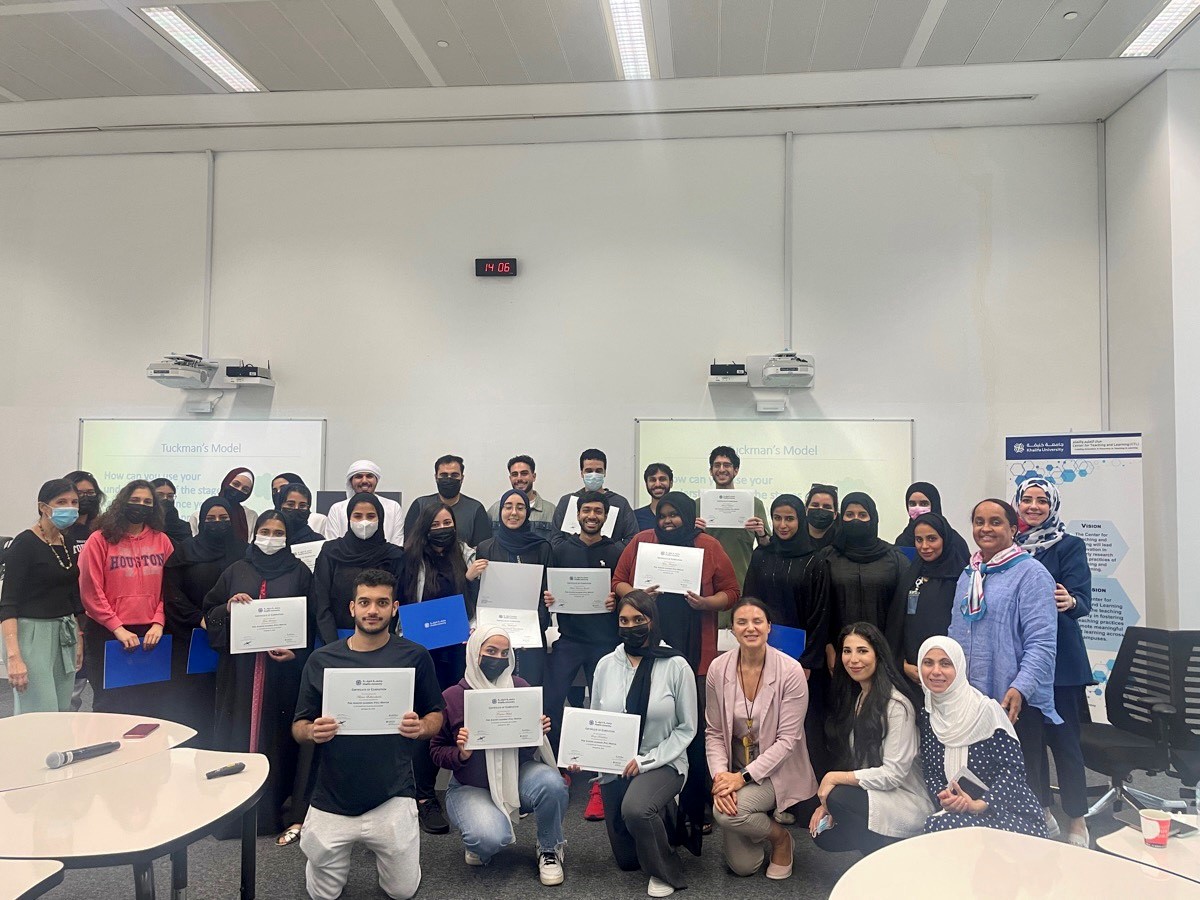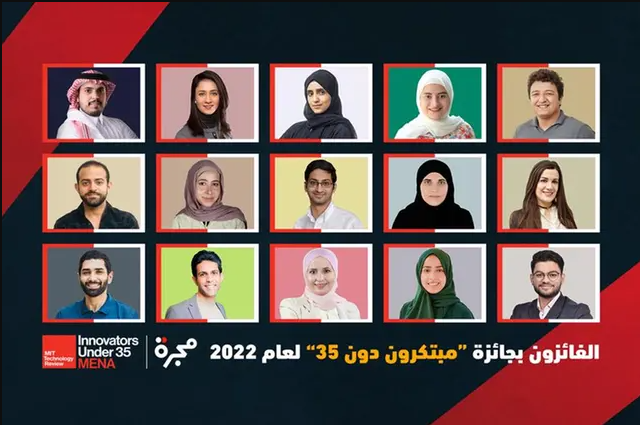
A Masdar Institute team has shared the findings of its preliminary research into an unconventional gas – methane hydrate – at a recent workshop in Tokyo, Japan, held as part of its engagement in a strategic energy partnership between Gulf Cooperation Council (GCC) and Northeast Asian research institutions.
The workshop titled “Connecting East and West Asia: Enhancing Inter-Regional Energy Understanding,” was held as part of a bilateral partnership involving 13 research institutes from the Gulf and Northeast Asia, which is focused on completing a strategic analysis of evolving energy relations between the two regions. Each of the institutes has been tasked with composing a chapter of a book titled “Connecting East and West Asia: The Benefits of Mutual Interdependence,” which focuses on strategic energy relationships between the two regions.
For its chapter, Masdar Institute will be completing a full analysis of the potential impact of methane hydrate development on GCC countries and the Northeast Asia region of China, Japan, Korea and Taiwan, in particular reference to energy trade between the regions. The chapter will be written by Ahmed Kiani, a Masdar Institute Post-Doctoral Research Fellow.
“International energy markets are undergoing major transitions and so active dialogue between energy trade partners is essential to ensuring a secure energy future for all involved. Masdar Institute is involved as the UAE research partner, and we see this initiative as critical to bringing together GCC and Northeast Asian countries in discussion about their interdependent energy futures,” said Dr. Steve Griffiths, Vice President of Research at Masdar Institute. He is heading Masdar Institute’s contribution to the collaborative project.
Other members of the group include the Japanese Institute of Energy Economics, Chinese Academy of Sciences, DERASAT Bahrain, Qatar Environment and Energy Research Institute, Qatar University, Hopkins-Nanjing Center, Renmin University of China, Shanghai Fudan, China State Information Center, China International Energy Research Center, King Saud University, and the Korea Energy Economics Institute.
Following a comprehensive investigation by each of the participating organizations, the book – which is due for completion in 2016 – will include an in-depth assessment of energy-related issues of the GCC and NEA including: an in-depth overview of the trading history between the two regions; the economic and investment issues that arise from developing energy trade links; the influence of energy on trade; energy security and bilateral relationships; and the environment.
The workshop also provided an opportunity for attendees to update collaborating partners on emerging energy themes and reconnect with their peers. Dr. Sameh El Khatib, Assistant Professor of Engineering Systems and Management, represented Masdar Institute at the workshop and provided a synopsis of the Institute’s chapter progress to date.
Dr. El Khatib said: “By region, the Middle East is one of the world’s largest exporters of fossil fuels and Asia is one of the world’s largest importers of fossil fuels. This initiative recognizes the interdependence of both regions in terms of energy supply. This partnership between the GCC and Northeast Asian research institutes is conducting research that will ensure the development of a thorough analysis of the evolving relations between Middle East and Asian regions so that issues related to energy security, the environment, trade, and economics and investment can be addressed in a proactive manner and at a strategic level.”
Ciara Sutton
News and Features Writer
30 August 2015






